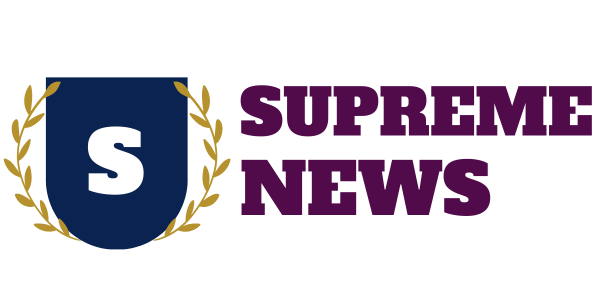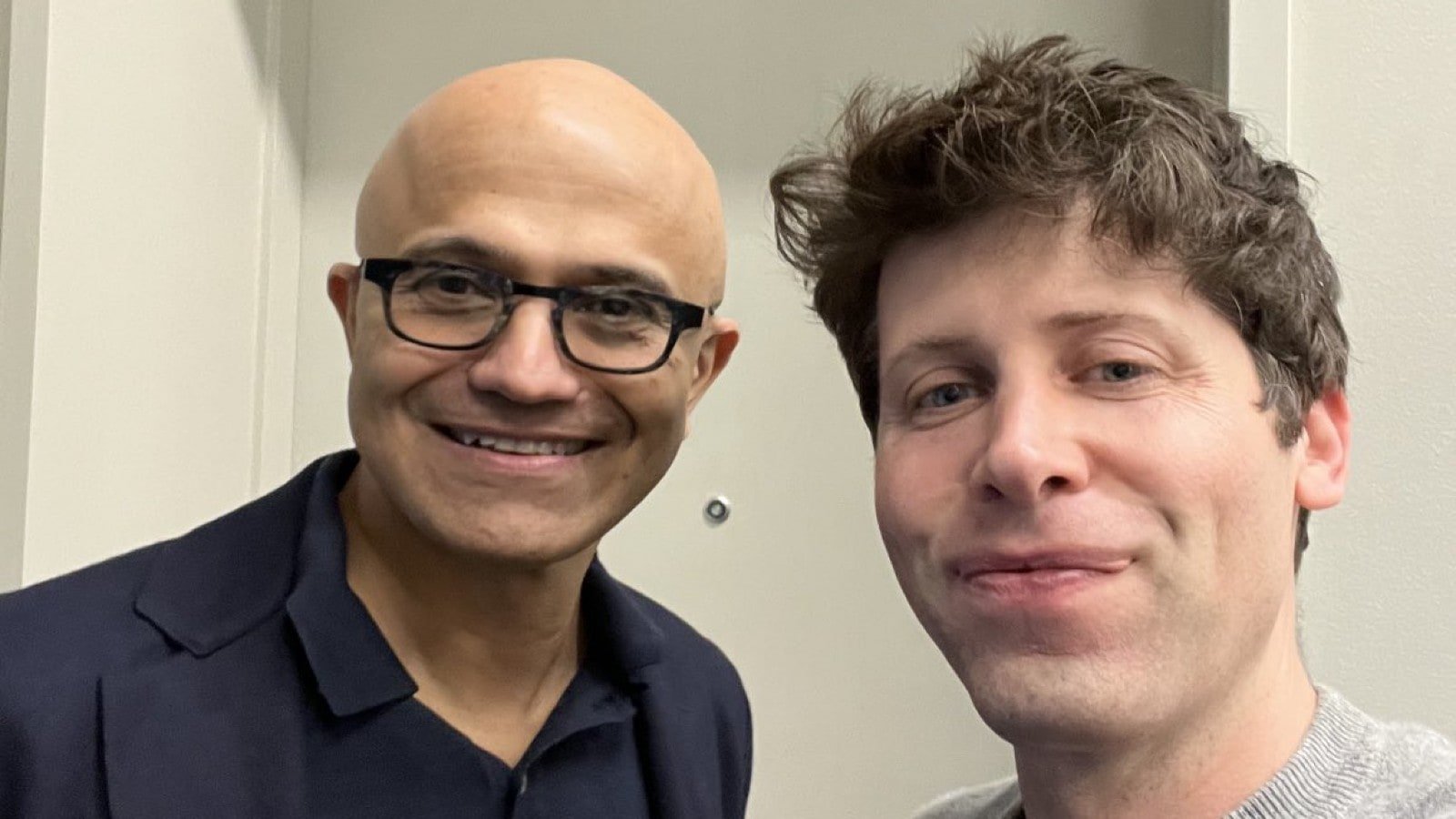OpenAI’s road to artificial general intelligence (AGI) may have just become more challenging, with an independent panel now responsible for verifying any future AGI claims made by the AI startup.The requirement is one of many terms that are part of the ChatGPT-maker’s revised agreement with Microsoft, its biggest partner and investor. “Once AGI is declared by OpenAI, that declaration will now be verified by an independent expert panel,” read a joint statement published by both companies on Tuesday, October 28.
The revised deal also allows OpenAI to restructure itself into a public benefit corporation, following which Microsoft would hold a 27 per cent stake (valued at approximately $135 billion) in the AI startup. Previously, the tech giant held a 32.5 percent stake in the for-profit arm of OpenAI.
Story continues below this ad
The term ‘AGI’ refers to a hypothetical level of intelligence that would enable an AI system to perform complex tasks at the same level or better than humans. The new provisions added to Microsoft and OpenAI’s agreement come at a time when investors and other stakeholders are growing uneasy about the AI boom turning into a bubble even as Big Tech continues to go on a spending spree.
Recently, AI/ML research scientist Andrej Karpathy revised his projected AGI timelines, stating that it will take another ten years to achieve AGI as no one has been able to develop an AI system that learns continually. “They don’t have continual learning. You can’t just tell them something and they’ll remember it. They’re cognitively lacking and it’s just not working. It will take about a decade to work through all of those issues,” Karpathy said in a recent appearance on a podcast hosted by Dwarkesh Patel.
Meanwhile, Microsoft will remain as OpenAI’s frontier model partner for the next decade or so. It means that the Windows-maker will continue having intellectual property (IP) rights of AI models and products developed by OpenAI till 2032. This now includes models that are rolled out post-AGI, as per the revised terms. The revenue-sharing agreement between the two companies will, however, remain only until the expert panel verifies any future AGI claim made by OpenAI.
For context, the previous version of the contract reportedly stated that Microsoft would have to stop using OpenAI’s models if the latter cracked AGI. Microsoft has invested more than $13 billion in OpenAI. It used to exclusively provide cloud services to OpenAI via Azure but not anymore. Over the years, the paths of the two companies have appeared to diverge as their AI ambitions grew at odds with each other.Story continues below this ad
Microsoft is also now allowed to independently pursue AGI alone or in partnership with third parties. “If Microsoft uses OpenAI’s IP to develop AGI, prior to AGI being declared, the models will be subject to compute thresholds; those thresholds are significantly larger than the size of systems used to train leading models today,” it said.
OpenAI’s consumer hardware excluded
As part of the new agreement, Microsoft no longer holds IP rights to OpenAI’s consumer hardware.
This is interesting given that the internet has been buzzing with speculation about OpenAI’s hardware prospects since it acquired the startup founded by Jony Ive, the former Apple industrial designer behind the iPhone, iPad, Apple Watch, and other hit Apple products. The deal was valued at about $6.4 billion in an all-equity transaction. Ive is also working as creative head to help Sam Altman develop the mystery device that will supposedly be tailored for the AI era.
Microsoft will continue to have IP rights to OpenAI’s research until either the expert panel verifies AGI or through 2030, whichever is first. “Research IP includes, for example, models intended for internal deployment or research only. Beyond that research IP does not include model architecture, model weights, inference code, fine-tuning code, and any IP related to data center hardware and software; and Microsoft retains these non-Research IP rights,” the blog post read.Story continues below this ad
While OpenAI is now allowed to jointly develop some products with third parties, its API products developed with third parties will be exclusively hosted on Azure servers, as per the agreement. However, API access provided by OpenAI to the US government can be hosted by any cloud provider for national security purposes.
Microsoft revealed that OpenAI has purchased an additional $250 billion worth of Azure’s cloud services. However, it will no longer have a right of first refusal to be OpenAI’s compute provider. Furthermore, OpenAI is now allowed to release open-weight models that meet requisite capability criteria.

